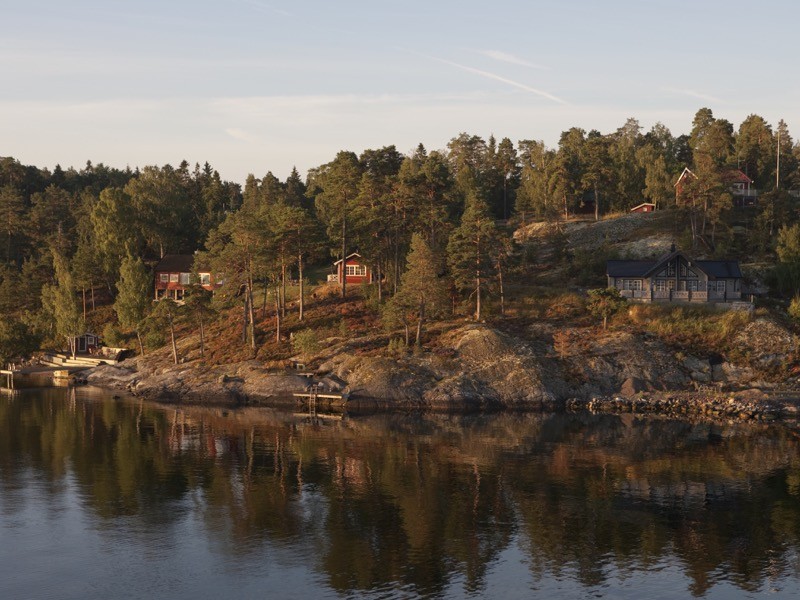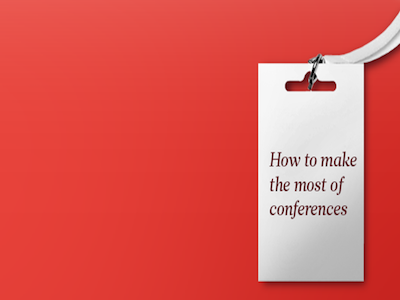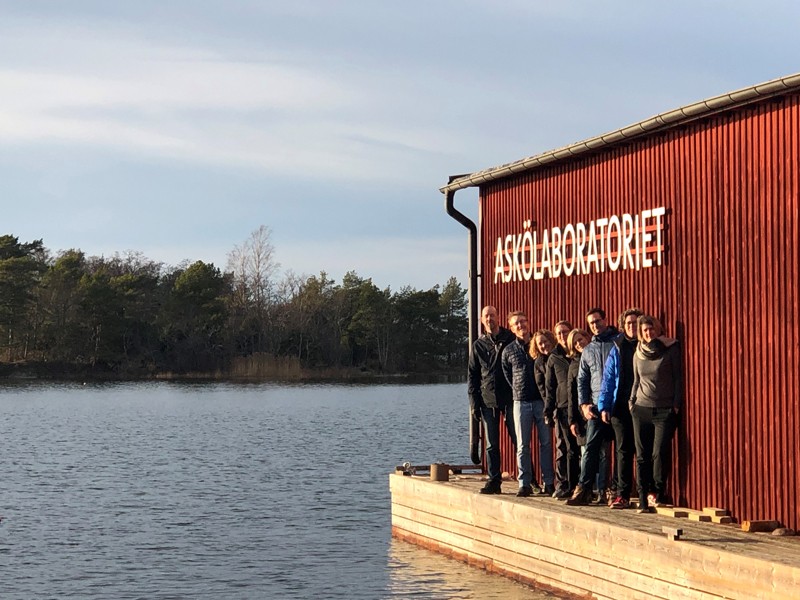In early 2019, we were both at an interdisciplinary workshop to develop new and interesting research agendas that span disciplines. With a couple of decades of research experience each, we realized in a discussion over breakfast that we were both in the middle of an existential crisis. We felt out of touch and disheartened with our scholarship. We were struggling to make sense of what we had achieved in research and what, ultimately, the work was for. Instead of an event that forced us to reach out and work with others, we needed one that would encourage us to look inwards and reflect on our scholarship. So we organized a research retreat.
We invited a small group of scholars to a three-day retreat, held in January 2020. It differed from the ‘normal’ academic conferences or workshops that we attend. Instead of talking through papers or presenting posters, participants were asked to reflect and explore holistic questions about their research agendas, accomplishments, frustrations and goals.
All the participants thought this retreat was a worthwhile experience. It gave them an opportunity to pause and think more deeply about their research and to draw inspiration from others’ career successes and learn from their failures. Here are some of the steps we took in creating the event.
Choose participants carefully
From our professional networks, we carefully chose six mid-career scholars from different countries. Although the participants came from a variety of disciplines, they shared an interest in environmental and sustainability research within the social sciences. All of them had significant professional accomplishments and were people whom we thought would get along with each other. We kept the number small, with the expectation that a total of eight people would be enough for fruitful discussion, but also allow engagement from everyone. Looking back, we could have dropped the total to six, but a larger number would have made the format unwieldy.
Tailor the format
The retreat began with initial 20-minute overviews of our scholarship, followed by 90-minute deep dives into our research. The retreat ended with a two-hour discussion of what we had learnt from the event and what we hoped to change as a result. To avoid disturbances, we held it on a remote island south of Stockholm. The isolation fostered informal discussion and reflection during shared meals and spontaneous walks. No formal minutes or recordings were taken. Instead, participants took their own notes and drew their insights from the event in an atmosphere of trust, confidentiality and mutual respect.
Pre-retreat preparation
We encouraged participants to prepare for the event by reflecting on their academic careers, including accomplishments and disappointments, current efforts and challenges, as well as considering future directions. We asked them to prepare a presentation for their 20-minute introduction, and to use their 90-minute session in whatever way suited them, as long as their presentations were designed to prompt discussions. We made it clear that the overall aim was to help the participants to both collectively and individually gain “a better understanding of where we are at and to share such insights and to learn from each other”. Ultimately, we wanted to discuss our research careers from a holistic perspective, to gain deeper insights than might be arrived at during a conventional academic conference.
Guide discussions
We allowed participants to choose the types of discussion they wanted, whether it be feedback on particular ideas or strategies for how to advance in leadership positions. Almost all the discussions focused on general issues, such as common struggles in balancing and managing the expectations of our university employers. We found that these expectations varied depending on the nature of the work — from administration to teaching and leadership — and that they shaped how we approach our research, and how we view potential trade-offs in allocating our time. We also acknowledged that such struggles are deeply intertwined with ‘conventional’ scholarly issues, such as defining and identifying important research questions, choosing between methodologies and deciding what empirical cases and phenomena to study.
The retreat exceeded our expectations. Together, we pondered our successes in landing grants and jobs, establishing relationships outside our home disciplines and seeing our research contribute to new knowledge. We also discussed our frustrations, from managing administrative tasks to spending too much time writing inconsequential papers while postponing writing the very important ones.
One of the prevalent sentiments from the participants was how they gained a sense of camaraderie by sharing and finding commonalities in their personal and professional struggles. These included juggling multiple research projects at the same time, making career choices between administration and research, choosing whether to engage more in interdisciplinary or intradisciplinary research and asking whether teaching has more influence on society than research does.
By asking questions about our past, current and future careers, we explored some existential themes: why we do research, what progress means to us, how we stay motivated and how we know if we are achieving our goals. When we explored our accomplishments, we realized that many of our successes had come through long-term commitments and supportive colleagues, which then sharpened our thinking about planning the future. We grew more attuned to how much our professional lives were entangled with our personal lives, which prompted discussions and sometimes reassessments of priorities and areas of research that we could give up.
Many of the insights were specific to particular participants. But the more general ones included a greater awareness of how we spend our time, of the need to collaborate more with people we find both amiable and inspiring, and to dedicate our time and attention to the needs of the moment, be they professional or personal.
One participant said: “I will make more space around my work so that I have time to think strategically and to carve out the ‘very important goals’.” Another said: “I will spend more time reflecting on the cumulative insights from my research and take time to pause more between funded research projects to delve more deeply into my thinking.”
We would recommend that other researchers consider hosting workshops that focus holistically on scholarship, as well as or alongside standard academic conferences.
"how" - Google News
July 08, 2021 at 08:59PM
https://ift.tt/3hoVBFO
How a holistic research retreat can help our science - Nature.com
"how" - Google News
https://ift.tt/2MfXd3I
Bagikan Berita Ini


















0 Response to "How a holistic research retreat can help our science - Nature.com"
Post a Comment